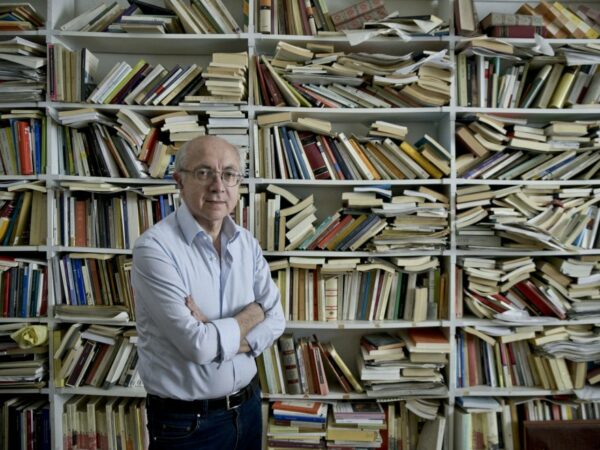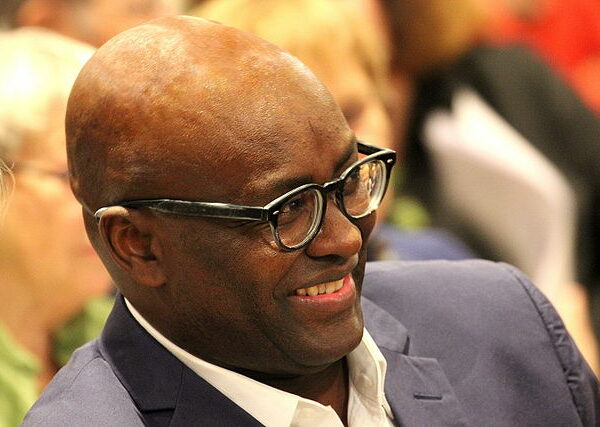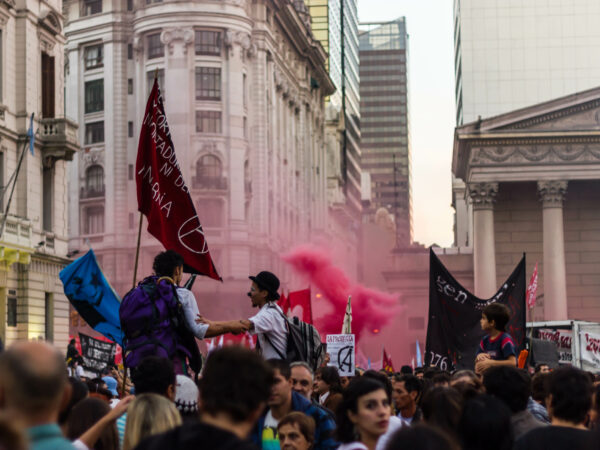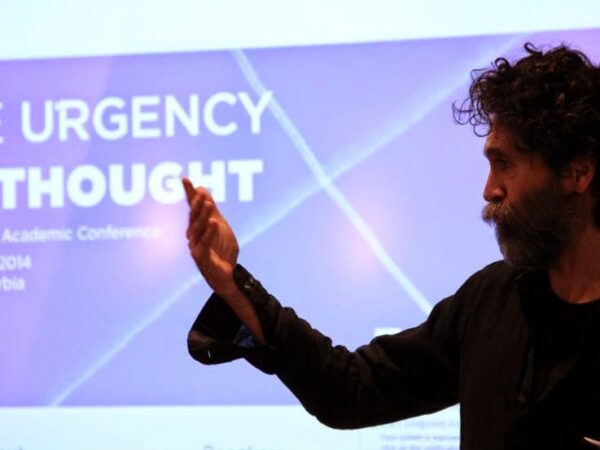
While Carl Schmitt claims that the enemy constitutes “the political,” his various writings largely ignore the historical and discursive evolution of the enemy. Anidjar’s major contribution to modern political theology lies in responding to this lacuna.
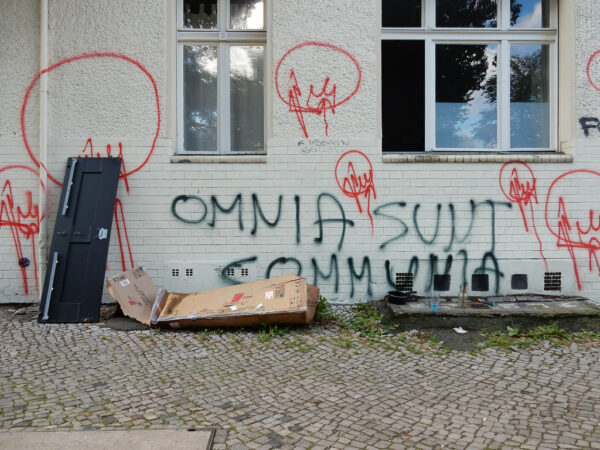
The Invisible Committee may be productively, albeit counterintuitively, understood as Gnostic, a perspective that will put into question some of the assumptions behind the way the political and the theological are demarcated from and related to each other in contemporary debates.
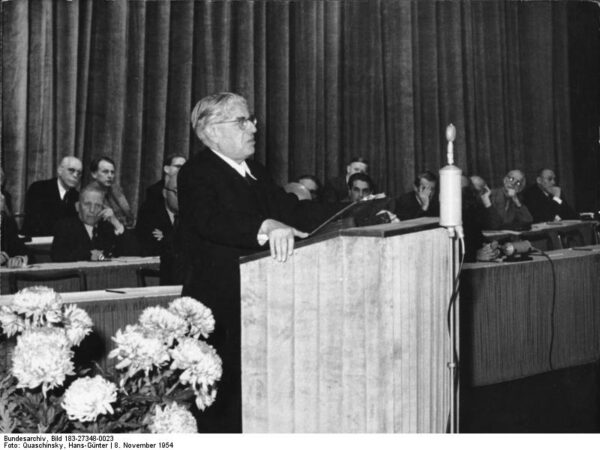
In many ways, Bloch’s work inverts the classic dictum of political theology advanced by Carl Schmitt, that “all significant concepts of the modern theory of the state are secularized theological concepts.” For Bloch, theological concepts are intimations of the freedom of the secular and revolutionary socialist society.

The subtlety and poetry of Nancy’s language can mask the rigor and the urgency of his thinking. I hope to share that rigor and urgency here, particularly as it relates to global capitalism, Christianity, and ontology.
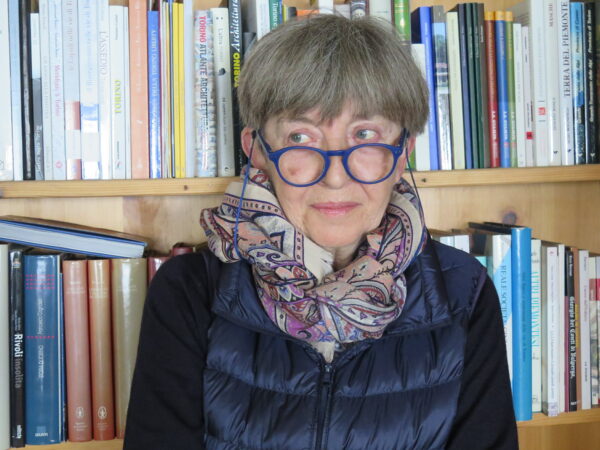
Cavarero’s feminist theory of nonviolence takes the biblical commandment of “Thou Shall Not Kill” as its starting point. This commandment is ethical (it is about one’s relationships with others) and religious (it is about one’s relationship with God), but it is also political (without it, political communities cannot exist).

Kristeva’s psychoanalytic approach and practice shed light on the unconscious, affective, and bodily formation(s) of religious and political discourses and systems.
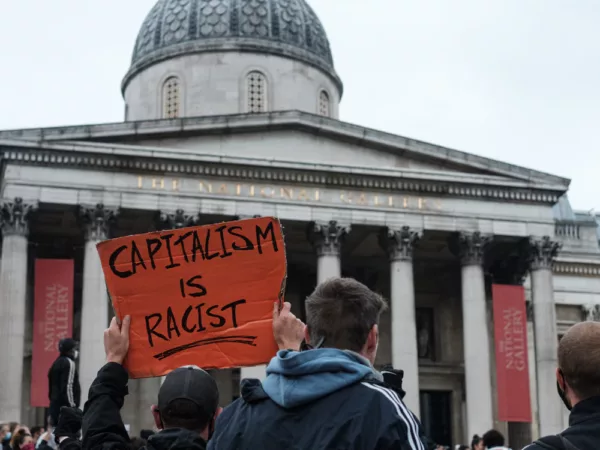
Vega focuses on three Robinsonian concepts that are useful for political theology: racial capitalism, Black radical tradition, and African metaphysics.
